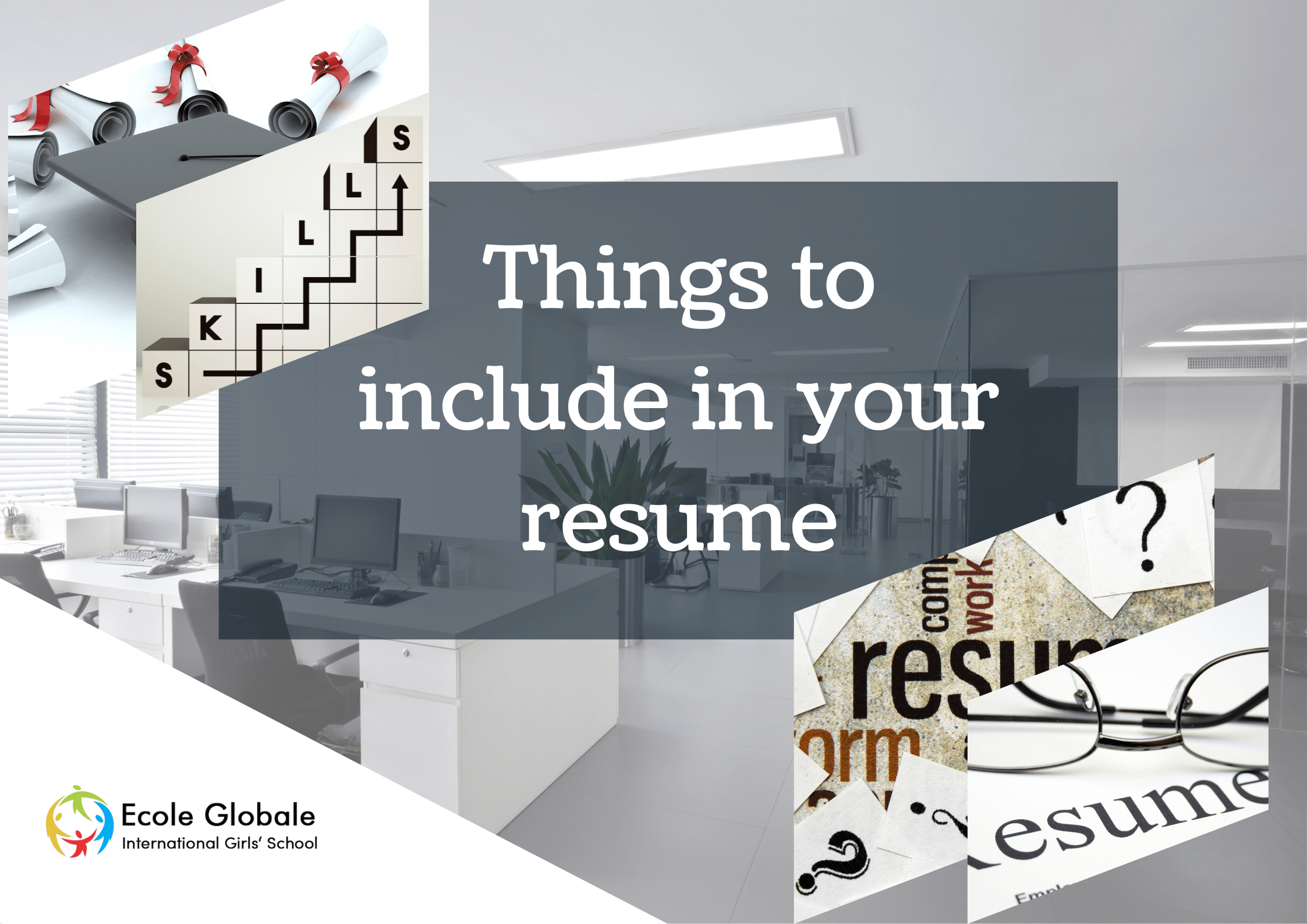A resume is a document that contains information about your education and work experience. It’s an important part of your job application because it helps employers understand what kind of skills you have, what kind of jobs you’ve held, and how those jobs have prepared you for the position they’re hiring for.
Having a strong resume can help get your foot in the door for interviews, but it’s important not to rely on your resume alone—you also need to prepare for interviews by practising answering questions and preparing examples of ways that you’ve demonstrated each skill listed on your resume. A resume is the first step in getting a new job. It’s the first impression you make on a potential employer, and it needs to be strong. A bad resume will get thrown away by the recruiter or hiring manager in just seconds, so it’s important to make sure yours stands out from the crowd.
ALSO READ:The Biggest College Finance Mistakes You Are Making
Things to include in your resume

The purpose is to present an overview of the need for a resume in today’s business world; discuss its importance; explain why it needs to be written properly; identify tips on writing a good resume; highlight tips on where to send resumes; explain how resumes should be formatted; discuss different types of resumes available today; provide examples of different types of resumes available today; discuss how resumes can be used effectively during job interviews; provide guidelines on how one can improve their chances of getting hired by sending an effective resume that impresses employers enough for them.
The first thing to do is to make sure your resume is formatted correctly. Here are some things you should keep in mind:
1-Include contact information (email, address, phone number)
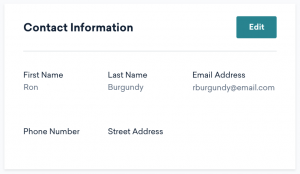
\Your resume is one of the most important documents you’ll ever write. It’s a snapshot of your career, research, and skills—and it’s what you’ll use to get an interview for your dream job.
At the top of your resume, include your contact information (email address, phone number, mailing address). This will make it easier for hiring managers to reach out to you, and it’s a simple way to make a good first impression.
2-Summary
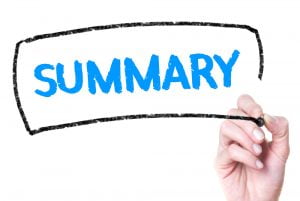
A great way to start is by including a summary at the top of your resume. This should tell the reader what type of work you do, what skills you have, and what kind of company or industry you’re interested in working in. For example:
I am a fast learner and can quickly adapt to new environments. I have experience working with teams and know how to collaborate effectively. I am also an excellent communicator and have strong interpersonal skills.
3-Degrees and certifications

Degrees and certifications are two of the most important things to include in your resume.
Why? Because they demonstrate that you have a strong foundation in the field you’re applying for, and they show that you’re dedicated to your craft.
Think about it: if someone is looking at your resume and sees that you have a degree or certification from an established institution, they know that there’s a reason why you have this particular piece of paper; it wasn’t just something you picked up on a whim. And because the institution is well known, it shows that the person who gave you this credential knew what they were doing when they did so.
In short: degrees and certifications are good indicators of how much time and effort someone put into learning something new—and how much they want to continue learning new things.
4-Include Job title and dates of employment

If you’re applying for a new job, you might be wondering if including your job title and dates of employment is necessary.
The answer is YES! You should include this information on your resume, even if it’s only one line long. It shows that you have been steadily employed and that you’ve held positions at multiple companies, which can help build your credibility as a candidate.
5-Work history
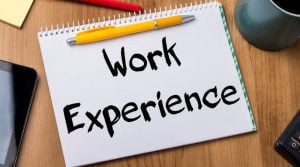
Whether you’re a new graduate or an experienced professional, your work history is one of the most important parts of your resume. It shows hiring managers what you’ve done, how long you’ve done it, and how well you did it. This information is used to gauge whether or not you’re qualified for a role.
This is one of the most important sections of your resume. It’s where you’ll include everything that relates to your work history, including:
-Your current job (if applicable)
-Past jobs that have prepared you for the position for which you’re applying (such as internships or student jobs)
-Your education, if relevant
-Any other work experience that applies to your skills and experience.
6-The right keywords

One of the most important things you can do to make your resume stand out is to include the right keywords.
By including keywords that are relevant to the job you’re applying for, you increase your chances of getting noticed by recruiters and hiring managers.
Keywords help them find you when they’re searching for candidates who are a good match for the job, so it can be the difference between getting an interview and being overlooked.
7-Links to online profiles
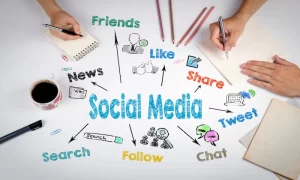
Global data sharing data concept illustration of young people using mobile smartphone to share posts and news in social networks. Flat human hand holds smart phone to make repost of video and news
It’s important to include links to your online profiles in your resume because doing so allows you to make a personal connection with the hiring manager. It shows them that you are invested in your development as a professional and that you have taken the time to demonstrate a commitment to your field.
Links to your online profiles, such as LinkedIn and Twitter, can help you make a good impression on employers. They’re a great way for them to get to know you better and see how you might fit in with the company culture.
If you have any social media accounts that are connected to your professional life, include them on your resume.
Takeaway
If you want to look polished, your resume should be free of errors and mistakes. If you cannot get away with a typo or mistake in person, you sure as hell shouldn’t try it on your resume. Take the time to make sure your resume is free of typos and grammatical errors, and that every detail is formatted correctly. Few things will kill your chances at an interview as much as an unprofessional resume. And if you are thinking about adding emojis? Just don’t.
For any queries related to parenting, schooling, or any student-related tips, click here to check out our latest blog






